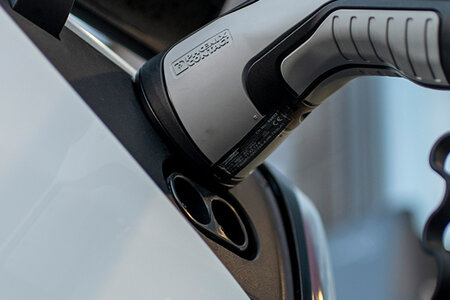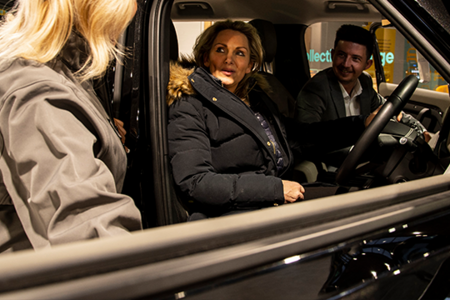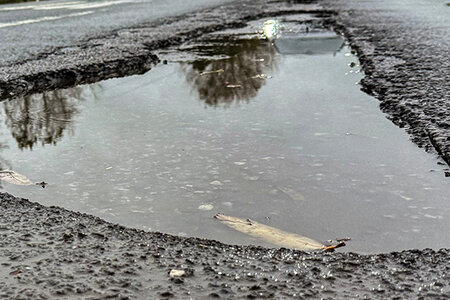There are few businesses who have been left unscathed by the impact of Covid-19 this year. For car dealers, it’s been no easy ride since the first national lockdown was introduced back in March. Many had to rapidly adapt their digital offering in order to still reach customers while they were at home, even when showrooms were forced to shut. Others introduced delivery services and virtual showroom tours to give buyers the opportunity to safely and efficiently drive away with their chosen car. And this all while dealing with big production delays and reduced staff that pushed back delivery times and made it harder to complete sales.
But aside from the obvious barriers, there has been some positive trends to come out of this year for the car industry. This year marked a fork in the road for the electrification of the UK car market. For the first time ever, sales of alternative fuelled vehicles (AFVs) overtook the sale of diesel vehicles this year, with 33,000 pure electric and hybrid cars registered between April and June compared to 29,900 diesel cars, according to figures from the Department for Transport (DfT). Electric vehicles now hold over 35% share of total new car registrations and rapid growth means we could hit 400,000 total electric and hybrid new cars sold by the end of the year. Established carmakers are ramping up electrification, with the likes of Volkswagen and Mercedes Benz producing popular models.
Covid-19 also pushed consumer sentiments away from public transport and toward car ownership. This is a positive story for the car market, but it’s less clear how it will affect the shift toward greener roads, with economic hardship potentially making diesel cars more appealing. This had the potential to reverse the recent progress if consumers are put off by the affordability and accessibility of greener models.
However, the Government has recently brought forward the ban on new petrol and diesel cars and vans to 2030. This is a pivotal decision that could well be the straw that breaks the camel back, pushing both consumers and businesses to shift to alternative fuel vehicles.
But while the ambition is admirable, the challenge is in the execution. The industry faces numerous bumps in the road before it can be confident in a smooth transition to electric. A decade is long enough for attitudes to change, but short enough that without significant action we won’t be prepared to meet the new rules when they come into effect.
Infrastructure is a key challenge – we have around 18,000 public charging stations and 32,000 connectors in the UK, and we are likely to need 25 million. Charging also tends to be focused in built-up areas and cities, which makes it harder for people living in regional areas to make the switch. According to our own research earlier this year, there is a clear London ‘bubble’ when it comes to attitudes toward AFVs. A massive 46% of Greater London plan to buy an AFV next (29% hybrid and 17% electric), and 54% would consider it. London’s response is mirrored by the general attitude in other large cities, where 53% would consider an AFV. Whereas 40% of those in rural areas and 39% in villages are considering an AFV next. Although there is a clear divide between rural areas and cities, the gap isn’t wide enough that it can’t be closed with significant development over the next few years.
Pricing remains an issue for buyers and, although alleviating, consumer uncertainty around battery charging and range is still a hurdle to overcome. Just as hospitality and the property industry have been boosted by consumer incentives like Eat Out to Help Out and the stamp duty freeze, the motor industry would benefit from a scheme that would incentivise drivers to go electric. Despite increasing environmental concerns and the looming fuel ban, the cost of AFVs will continue to be an issue that drives people away from parting with their petrol or diesel models. And for car dealers, this could end up being a barrier that prevents them from supplying more AFVs on their forecourt.
Ultimately, the Government has a role to play to ensure that everyone in the motor industry can rise to the challenge, from manufacturers to dealers to finance providers. All face their own hurdles, not only to facilitate the transition to electric but to recover the sector from the losses and damage of Covid-19. Electrification could contribute significantly to the recovery of the sector, but sustained support is vital to do so.






